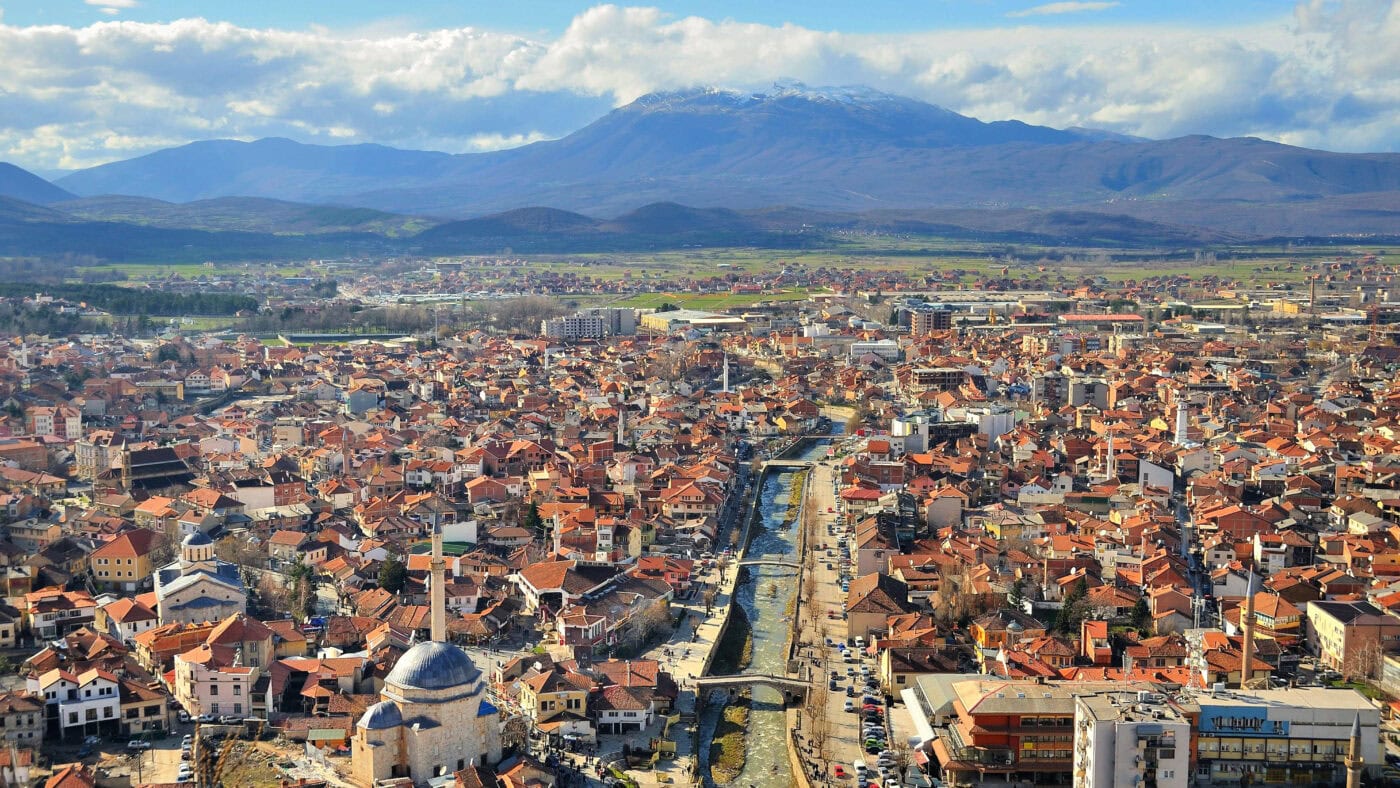Keir Starmer has attempted to reassure British entrepreneurs that there is ‘no reason’ for them to flee Britain to avoid the tax raid which appears to be imminent in Rachel Reeves’ upcoming Budget. How reassuring. A number of entrepreneurs and investors disagree, and are warning that Britain risks an exodus of tech talent – and tax revenue.
The problem may be even worse than many in Westminster realise. Reeves and Starmer need to consider the UK’s place in a competitive Europe and wider world – and the increasing ease with which workers can move to enjoy a more favourable tax regime.
Before Covid, and accelerating afterwards, a growing number of workers, and companies now have the option of working and basing themselves outside of the big cities and traditional centres of employment. Many can now go – and work – wherever they please, and there is competition to attract the investment and tax revenue which they bring.
Kosovo is a prime example of this competition. I spend a lot of time in the capital Pristina and know many British and other workers who have based themselves there. The attractions of Kosovo are numerous. A stable economy with a young and highly educated population, particularly in the IT sector. Low cost of living and therefore lower wage demands. And of course, the southern European weather, the countryside around the bigger cities and the rich cultural life and food of the country and the region.
Financially, however, the biggest attraction is the 10% rate of income tax for ‘digital nomad’ foreign workers. This is a deliberate – and so far quite successful – attempt by the (centre-left) government of Kosovo to attract inward investment.
The calculation seems to be that Kosovo would prefer to raise 10% on the earnings of a lot of people, rather than charge 25% tax on virtually nobody.
Rachel Reeves has similar calculations to make. Higher tax, or National Insurance, on individuals and businesses may well lead to more leaving the UK for destinations like Kosovo. The Government could end up levying a higher rate of tax on a reducing tax base, raise little or no extra money, while encouraging skilled individuals and key business sectors to leave the UK.
Kosovo and emerging countries like it are not the only competition the UK faces. I am writing this from my home in southern Italy. This is a relatively deprived and depopulated part of a major EU economy and member of the G7. Incentives are in place for foreign workers and companies to relocate here. There’s the weather, seaside, food, wine and low cost of living to take into account – but lower tax rates are also a major part.
Notably, all this isn’t only attractive to foreigners. There are also efforts to encourage Italian citizens based in the country’s large cities and its more prosperous and crowded north to relocate to the cheaper south.
If we are to see an increasing exodus of economic activity from the UK’s crowded and expensive London and the south-east, the Chancellor would do well to encourage relocation to areas of the UK which are similar to the south of Italy. Cornwall, Cumbria, North Wales and the Scottish Highlands, to name just a few, all have the capacity, the attractions and the lower cost of living to attract exiles from London. Can they currently compete with Kosovo or southern Italy? Perhaps the Chancellor should think about adding some localised low-tax incentives to next week’s Budget to keep up with the competition.
Raising taxes across the board is unlikely to help. Whether in this Budget, or as a longer-term strategy for this new Government, the growing mobility of economic activity will need to be addressed. The alternative is for the UK to continue to import low-skill, low-wage workers, and to export more and more highly-skilled, highly-educated and higher-wage workers.
That is not a prescription for growth in the short, medium or particularly in the long term. It is a plan for stagnation or decline.
Click here to subscribe to our daily briefing – the best pieces from CapX and across the web.
CapX depends on the generosity of its readers. If you value what we do, please consider making a donation.


